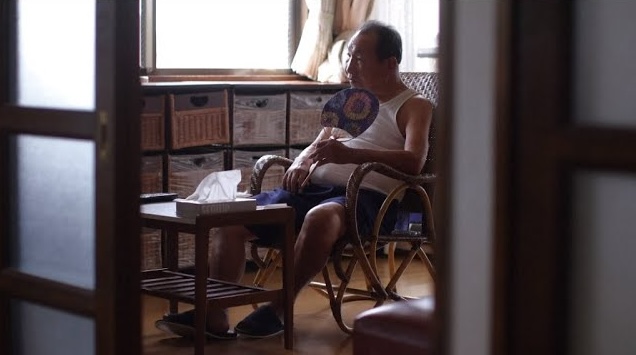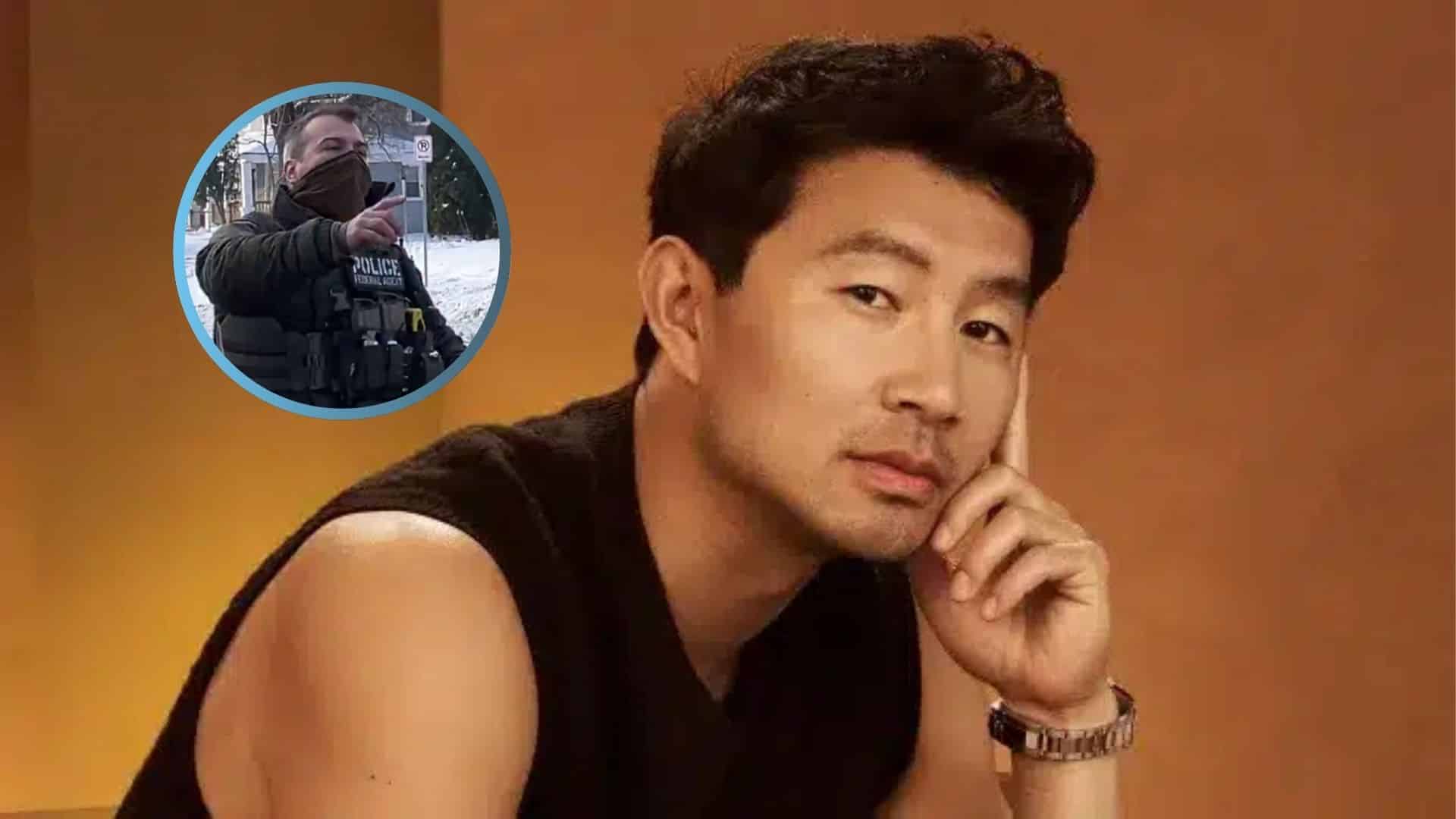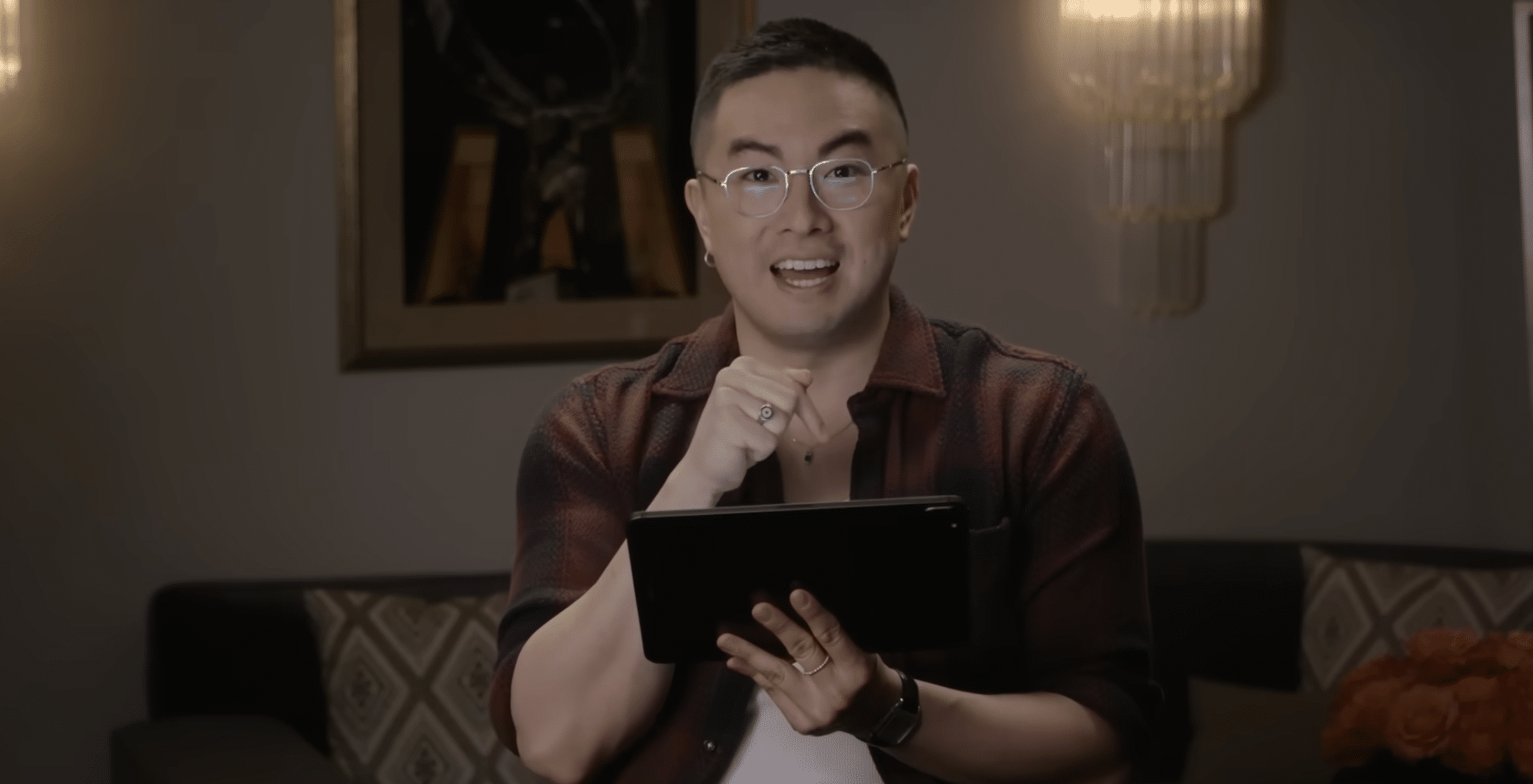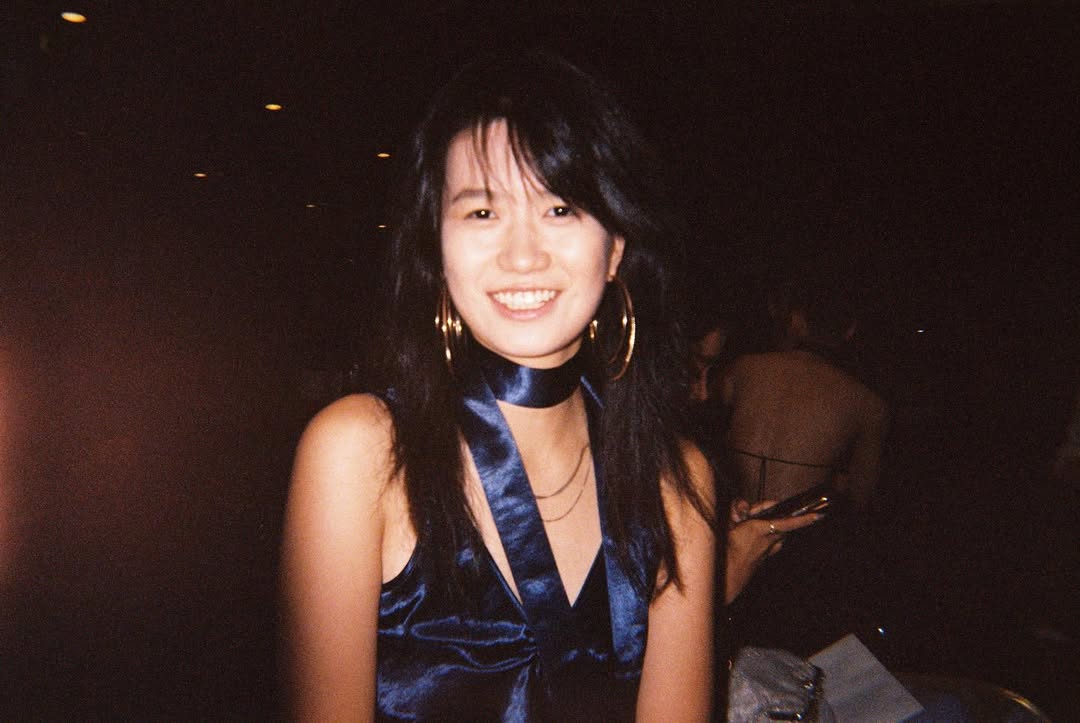Iwao Hakamata, an 89-year-old Japanese man who endured more than 40 years as the world’s longest-serving death row inmate before his acquittal last year, has been awarded a record 217 million yen (approximately $1.4 million) in compensation. This payout, confirmed by the Shizuoka District Court, equates to roughly $85 for each of the thousands of days he was wrongly incarcerated following a 1968 conviction for a quadruple murder he consistently denied committing.
Hakamata’s ordeal began in 1966 when he was arrested in connection with the deaths of his boss, his boss’ wife, and their two children. Despite his initial denials, he later confessed, a confession he subsequently retracted, alleging it was coerced through brutal police interrogation involving beatings and threats. He was sentenced to death in 1968, a decision that would confine him to death row for over four decades.
The breakthrough in Hakamata’s case came with advancements in DNA testing. As Japanese public broadcaster NHK reported, a DNA test revealed that the bloodstained clothing used as key evidence to convict him was planted long after the murders occurred. This crucial finding ultimately led to a retrial and his acquittal in September of last year, a moment met with widespread relief and calls for reform of Japan’s criminal justice system.
Hideyo Ogawa, Hakamata’s legal representative, acknowledged the compensation as the “highest amount” ever awarded for a wrongful conviction in Japan. However, he emphasized the inadequacy of the sum in addressing the profound suffering endured by his client. According to NHK, Ogawa stated, “I think the state (government) has made a mistake that cannot be atoned for with 200 million yen.” This sentiment underscores the irreparable damage inflicted by decades of wrongful imprisonment, particularly the severe psychological toll.
Read more: Hayao Miyazaki’s AI Disgust Resurfaces Amidst Viral Studio Ghibli Art Trend
Indeed, Hakamata’s sister, Hideko, who tirelessly campaigned for his release, told CNN last year of the irreversible impact of his prolonged incarceration on his mental health. She described him as “living in his own world,” adding, “Sometimes he smiles happily, but that’s when he’s in his delusion… We have not even discussed the trial with Iwao because of his inability to recognize reality.” This poignant account illustrates the devastating human cost of such a grave miscarriage of justice.
Hakamata’s case has brought considerable international scrutiny to Japan’s criminal justice system, where conviction rates are notably high. Critics argue that the system, often referred to as “hostage justice,” can pressure suspects into false confessions through lengthy detentions and intense interrogations. His exoneration marks only the fifth time a death row inmate has been found not guilty in a retrial in postwar Japan, highlighting the rarity of such outcomes.
Following his acquittal, Prosecutor-General Naomi Unemoto expressed regret over the protracted legal battle Hakamata faced, stating, “We feel sorry for putting him in a legally unstable situation for an extremely long time.” Similarly, the Shizuoka prefectural police chief, Takayoshi Tsuda, issued a formal apology, acknowledging the “unspeakable mental distress and burden” caused over the 58 years from arrest to acquittal.










